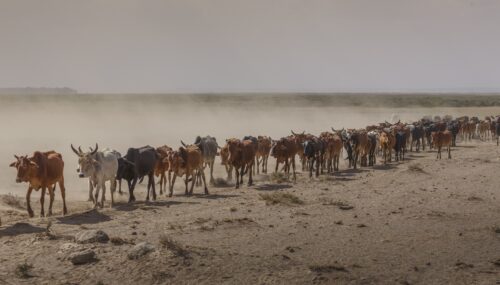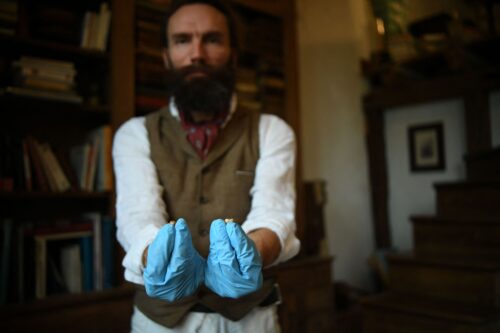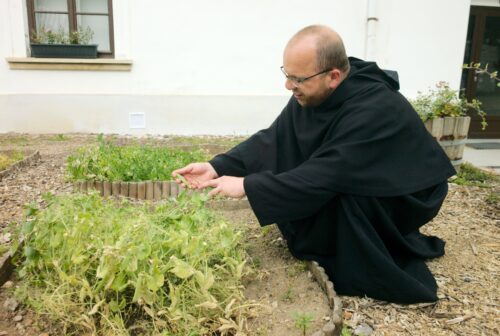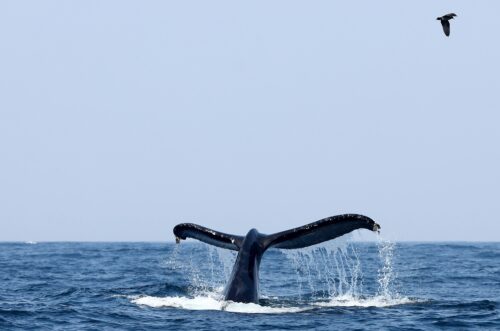What Is SAPIENS Magazine?

WHAT IS SAPIENS MAGAZINE?
SAPIENS shares the findings, insights, and arguments of anthropology with a broad public readership. Our purpose is to positively change how people see anthropology by presenting relevant and engaging content about every aspect of the human experience.
Accordingly, SAPIENS’ stories cover anthropology’s various fields, including archaeology, cultural anthropology, biological anthropology, and linguistics. Our articles have explored ancient human species and the politics of the “they” pronoun. Authors have exposed Kenya’s killer cops and delved into what can be learned from the ancient DNA of Native Americans. SAPIENS also aspires to answer the questions: What is anthropology, and what do anthropologists do?
Ask SAPIENS is a series that offers a glimpse into the magazine’s inner workings.
Since launching in January 2016, SAPIENS’ articles have garnered 20 million reads from people in almost every country around the globe. Moreover, our stories are syndicated at The Atlantic, Discover magazine, Scientific American, and many other publications. We have built thriving communities on Facebook, Twitter, and Instagram.
SAPIENS is free and open to anyone with internet access.
Our staff is committed to the vision of amplifying anthropological knowledge to build a more just and sustainable world. Our mission is to deliver trusted, compelling anthropology stories that resonate with diverse audiences.
SAPIENS also provides a venue for anthropologists to learn how to engage diverse publics and a platform for sharing anthropology worldwide.
BUT WAIT, WHAT ARE SAPIENS?
Sapiens are you, me, and every human we know. Essentially, Homo sapiens is the name of our species that emerged about 300,000 years ago.
The term H. sapiens is derived from Latin. Homo literally translates as “man” but is meant to include all humans. Sapiens is the present participle of sapere, meaning “to be wise.” Hence, the magazine embraces the triple meaning of SAPIENS—as a reference to our species, the magazine’s central subject, and our capacity for wisdom.
WHO WRITES FOR SAPIENS MAGAZINE?
In its first six years, the magazine’s authors were a mix of anthropologists and journalists who covered the discipline. However, in 2022, the magazine transitioned to primarily publishing the work of anthropologists—providing readers the chance to hear directly from experts who study what it means to be human.
WHAT DOES THE MAGAZINE COVER?
Broadly, SAPIENS draws from archaeology, human biology, culture, and language. The magazine does not cover only one part of being human—it’s about everything human.
Exploring what it means to be human can take readers on a wild ride of subjects, problems, and corners of the globe. At one moment, the focus might be on examining the Ukrainian refugee crisis’ double standard. The next article might ask if green on COVID-19 maps means what you think it does. Another story may spotlight new insights into a possible ice age route for Indigenous peoples traveling from Beringia south along the coast of North America. Another investigates whether evolutionary forces made men with deep voices attractive.
IS SAPIENS MAGAZINE JUST ARTICLES?
The magazine’s primary focus is to publish articles by anthropologists sharing their research, ideas, and insights. However, SAPIENS produces much more than original articles.
The SAPIENS podcast blends narrative storytelling and interviews with anthropologists from around the world. Teaching SAPIENS provides resources for college professors, including subject summaries, talking points, and discussion questions about topics ranging from human genetic variation to Indigenous archaeologies to power and hierarchies. We publish poetry from anthropologist-poets and have a poet-in-residence program. We also offer webinars, writing workshops, and live video Q&A events.
HOW IS SAPIENS MAGAZINE FUNDED?
We are a publication of the Wenner-Gren Foundation for Anthropological Research. As a result, the foundation’s endowment provides nearly all the magazine’s funding. The magazine is published in partnership with the University of Chicago Press.
In addition, SAPIENS occasionally receives grants. To date, the magazine has received awards from the John Templeton Foundation, the U.S. National Endowment for the Humanities, and the Imago Mundi Fund at Foundation for the Carolinas.
The magazine’s editorial staff maintains unconditional editorial independence and does not give preference to research associated with its funding organizations.





























